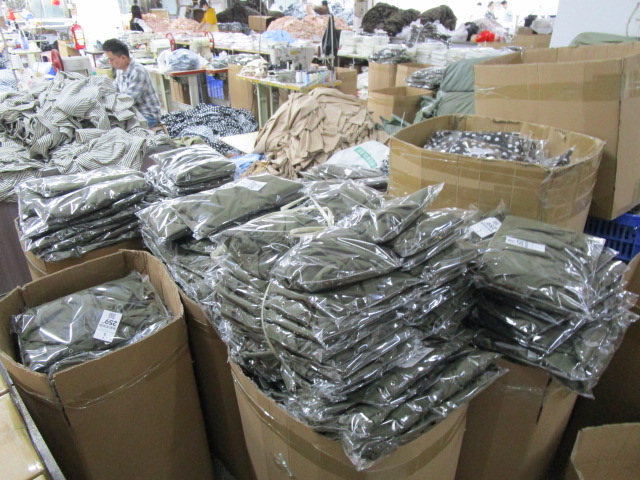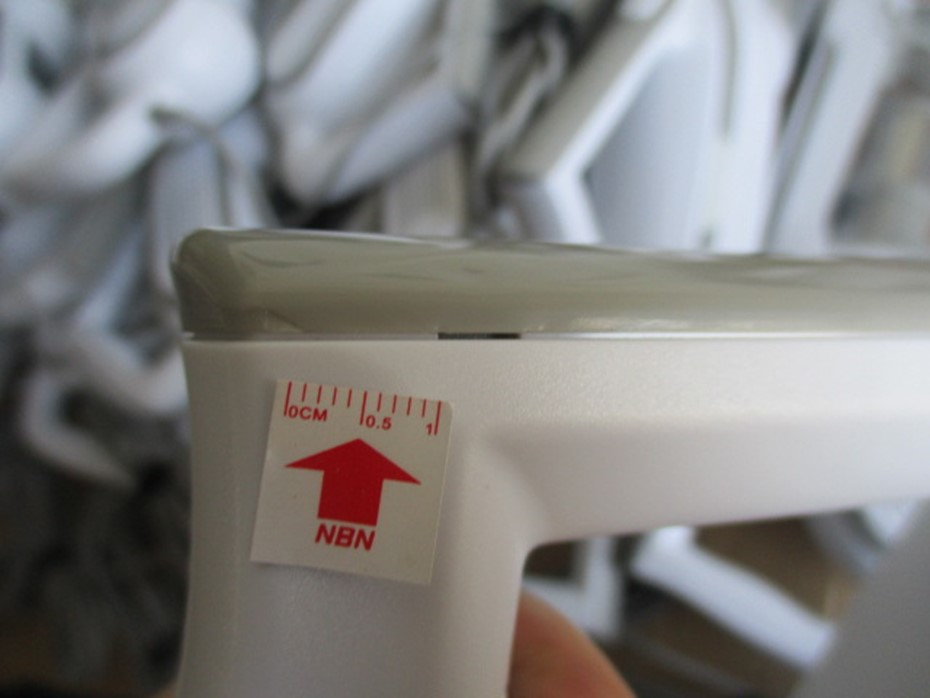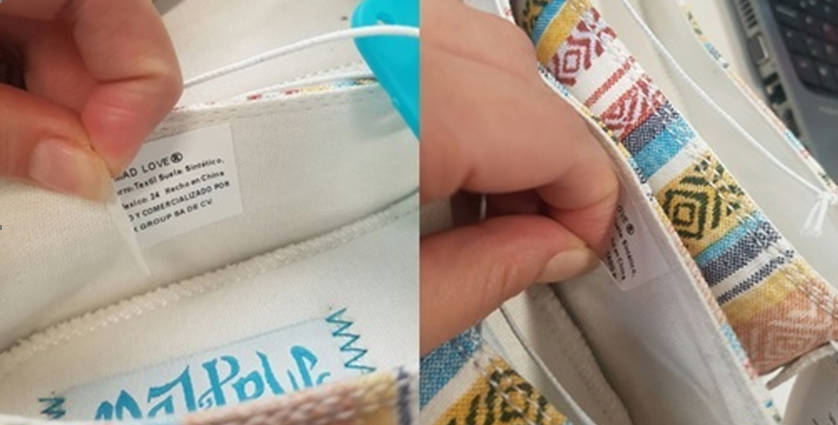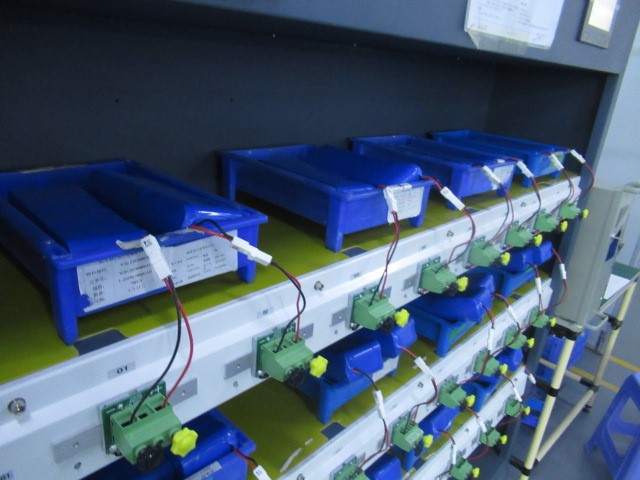
Pre-shipment inspection plays a vital role in ensuring the quality and integrity of goods before they are shipped to customers. During this inspection process, various defects or issues may be identified, ranging from minor imperfections to critical flaws. This article will focus on critical defects and their significance in the inspection process. Additionally, we will explore the reasons behind rejecting goods that exhibit critical defects.

Understanding Critical Defects:
Critical defects are flaws or abnormalities that pose a significant risk to the usability, functionality, or safety of a product. These defects are typically severe in nature and can have a detrimental impact on the end-user or the product itself. The exact definition of critical defects may vary depending on the industry, product type, and specific quality standards in place. However, some common examples of critical defects include:
1.Safety Hazards: Any defect that can potentially endanger the health or safety of the user, such as sharp edges, exposed electrical wires, or toxic materials, would be considered critical.
2.Non-compliance with Regulations: If a product fails to meet regulatory standards, certifications, or legal requirements, it would be classified as a critical defect. This could include violations related to labeling, documentation, or product performance.
3.Functional Impairments: Defects that significantly impact the functionality or performance of a product fall into the critical category. For instance, if a crucial component is missing or malfunctions, rendering the product unusable, it would be deemed critical.
4.Structural Integrity: Any defect that compromises the structural integrity of a product, such as fractures, cracks, or breakages, would be considered critical.
5.Contamination or Infestation: If a product shows signs of contamination, infestation, or the presence of harmful substances, it would be classified as a critical defect due to potential health risks.
The Rejection of Goods with Critical Defects:
When critical defects are identified during the pre-shipment inspection, it is crucial to take appropriate measures to ensure customer satisfaction, product integrity, and compliance with quality standards. As a result, goods exhibiting critical defects are typically rejected for the following reasons:
1.Customer Safety: The primary concern when rejecting goods with critical defects is the safety of the end-users. By refusing to ship products that could potentially harm consumers, companies demonstrate their commitment to delivering safe and reliable products.
2.Quality Assurance: Critical defects can significantly affect the quality and reliability of a product. Rejecting goods with such defects helps maintain high-quality standards and prevents the distribution of substandard or faulty items that could damage a company’s reputation.
3.Legal Compliance: Non-compliance with regulations and standards can have severe legal consequences for businesses. By rejecting goods with critical defects, companies ensure they adhere to applicable laws, certifications, and industry guidelines.
4.Cost Avoidance: Accepting goods with critical defects can result in financial losses for both the manufacturer and the customer. Rejected goods would require rework, repair, or even complete replacement, incurring additional costs and potentially causing delays in the supply chain.
5.Brand Reputation: A company’s brand reputation is built on trust and reliability. Rejecting goods with critical defects demonstrates a commitment to quality, customer satisfaction, and ethical business practices, preserving the brand’s image in the market.
Pre-shipment inspection serves as a crucial step in ensuring product quality, safety, and compliance with standards. Critical defects, defined as severe flaws with significant implications, warrant the rejection of goods. By refusing to ship products with critical defects, companies prioritize customer safety, maintain quality standards, comply with regulations, avoid financial losses, and protect their brand reputation. Through stringent inspection processes and the rejection of defective goods, businesses can uphold their commitment to delivering reliable and satisfactory products to consumers worldwide.




